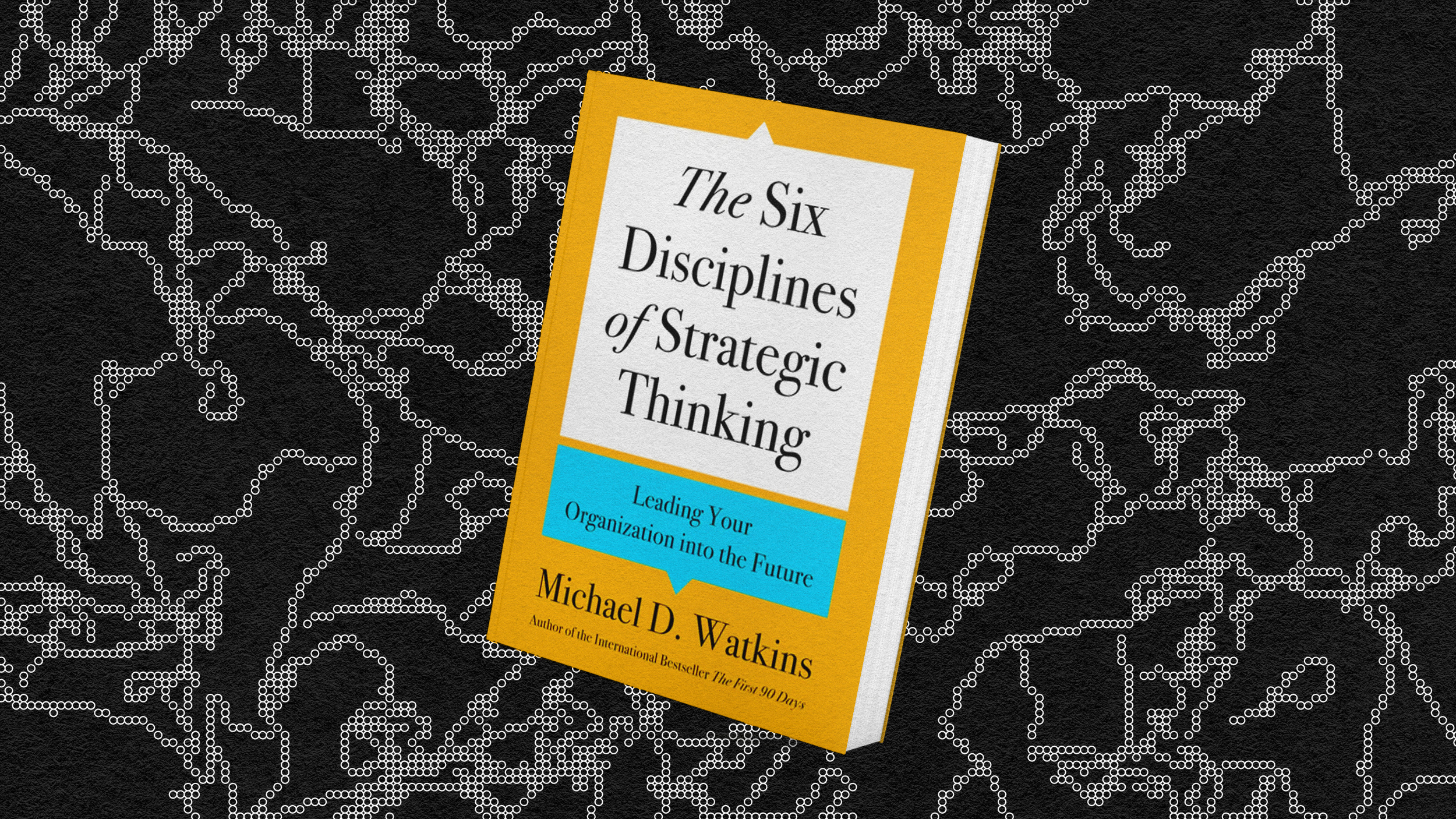Why leaders should act as “editor in chief” of their organizations

Credit: Marjory Collins / Public domain / Wikimedia Commons
- We are wired to neglect subtraction and use addition as a substitute for thinking.
- Organizations often provide potent incentives for individuals for adding burdens that inflict collective harm.
- Activating “the subtraction mindset” can counteract addition sickness.
As the late great comedian George Carlin put it, “My shit is stuff. Your stuff is shit.” That line explains much about why we humans can’t resist adding more and more stuff to our workplaces: staff, space, gizmos, software, meetings, emails, Slack threads, rules, training, the latest management fad. We are wired to see stuff we add as righteous and essential. And to see stuff that others add as annoying and unnecessary.
Such “self-serving biases,” as psychologists call them, make it easy to justify—indeed glorify—creating that new procedure, form, or rule that makes your job easier (and everyone else’s harder), using your favorite app to schedule a meeting (even though no one else uses it), hiring another person for your team (even though it’s too big already), or calling that extra meeting about your pet project (even though no one else cares about it).
To make matters worse, humans default to asking, “What can I add here?” Not “What can I get rid of?” Twenty studies by researcher Gabrielle Adams and her colleagues at the University of Virginia show that “addition bias” shapes the solutions that people generate to improve universities, edit their own writing, edit others’ writing, modify vegetable soup recipes, plan trips, and build LEGO creations. When a university president asked students, faculty, and staff for suggestions about how to improve the university, only 11 percent entailed subtraction solutions. For one design problem, participants were challenged to modify “a sandwich-like structure made from LEGOs so that it was strong enough and high enough to hold a masonry brick above the head of a storm trooper figurine.” The best solution was to remove a brick. Yet most participants added several bricks—even though they were charged ten cents for each additional brick.
As Leidy Klotz says—he’s the author of Subtract—we are wired to neglect subtraction and use addition as a substitute for thinking.
Organizations accentuate addition sickness by rewarding it with promotions, prestige, and money. And ignoring—or even punishing—people who subtract. Leaders who start big programs are celebrated, not those who disband bad ones.

A study of 137 U.S. public universities by economist Robert E. Martin found that, in 1987, there was a one-to-one ratio of administrators to tenure-track faculty. By 2008, there were two administrators for every faculty member. Robert explained, “Those who hold the purse strings have a natural incentive to hire more employees like themselves.” A 2021 study of 117 universities in the United Kingdom by Alison Wolf and Andrew Jenkins found that such administrative bloat keeps getting worse—and growth is especially rampant among the most highly paid managers, professionals, and executives. Recent studies in the United States, Germany, France, and Australia show that their universities suffer from the same disease. Alison Wolf concludes that administrators are added at a higher rate, in part, because there is “far less scrutiny of nonacademic than academic hiring.”
All those administrators aren’t just expensive. Like most of us, they feel the need to justify their existence. Many of the organizational changes they understand, value, and implement entail heaping rules, processes, forms, training, and metrics on faculty, fellow administrators, and students. Timothy Devinney, chair of international business at Alliance Manchester Business School, says, as a result, “Universities are basically strangling the capabilities of the people within them.” The road to such hell is paved with good intentions—administrators who add friction believe they are improving universities. But the cumulative impact can be stifling—and ridiculous. Timothy described “his horror when he was shown a sprawling spreadsheet of the ‘key performance indicators’ for the university department where he once worked. It included 110 targets, each with staff assigned to monitor them.”
The best leaders are relentless about eliminating or repairing things that distract, bore, bewilder, or exhaust people.
This syndrome reminds us of “The Tragedy of the Commons,” a famous article by economist Garrett Hardin. He uses the analogy of a pasture that is open to all “herdsmen.” Hardin argues that, even after a group of herdsmen have added so many animals that the collective good is declining, each herdsman still has individual incentives for adding more of his own animals:
Each man is locked into a system that compels him to increase his herd without limit—in a world that is limited. Ruin is the destination toward which all men rush, each pursuing his own best interest in a society that believes in the freedom of the commons.
Similarly, organizations often provide potent incentives for individuals—including prestige, money, and interesting work— for adding burdens that inflict collective harm. And weak incentives for resisting such temptations.
That’s the bad news. The good news is that friction fixers can counteract such addition sickness. It starts with activating the subtraction mindset. Gabrielle Adams’s team found that when people paused to think about solutions or were reminded to consider subtraction, they were less prone to default to addition. Venture capitalist Michael Dearing fires up this way of thinking by urging leaders to act as “editor in chief” of their organizations. When Michael was a guest on our Friction podcast, he argued, much like skilled text and film editors, the best leaders are relentless about eliminating or repairing things that distract, bore, bewilder, or exhaust people.





